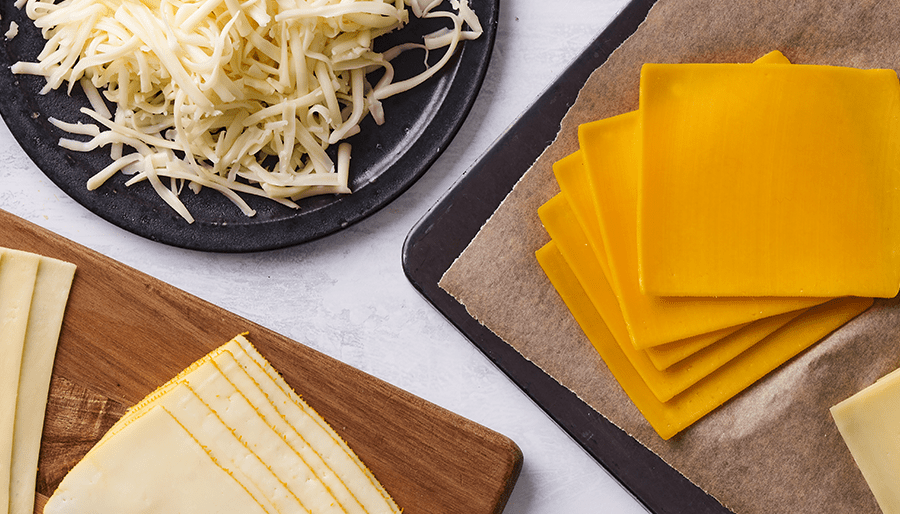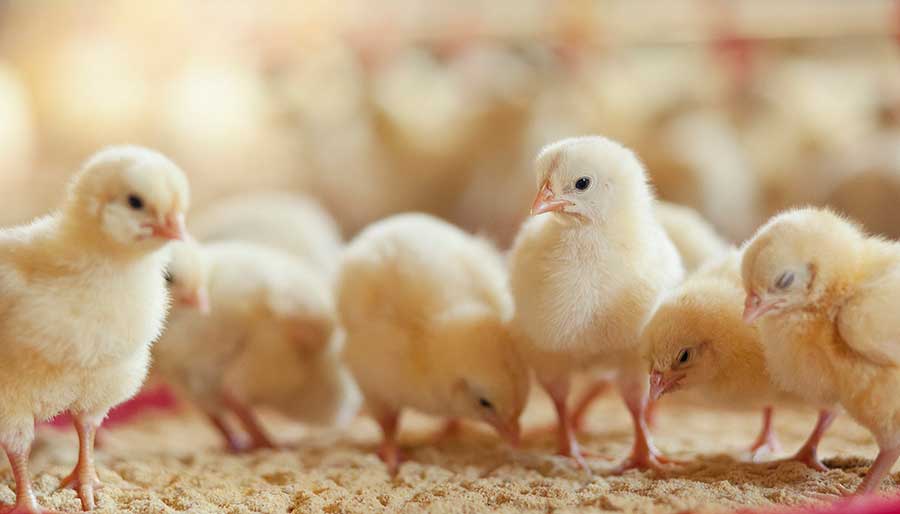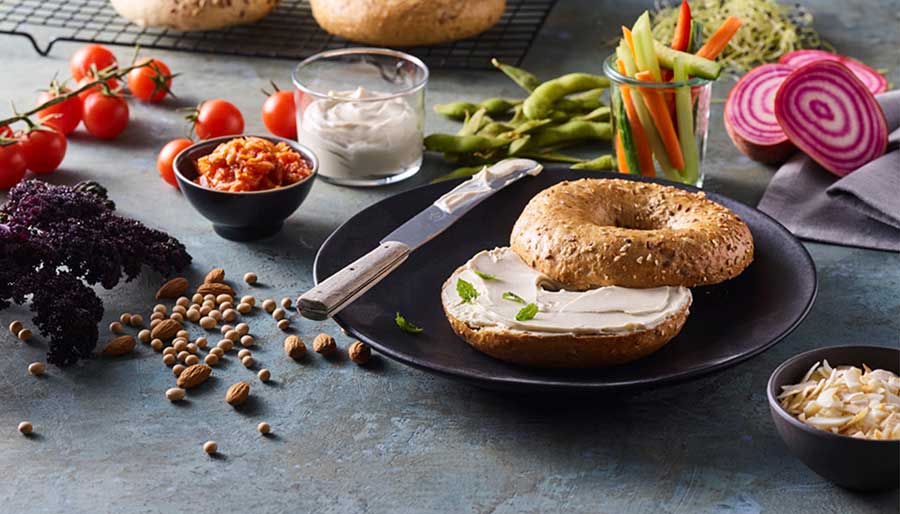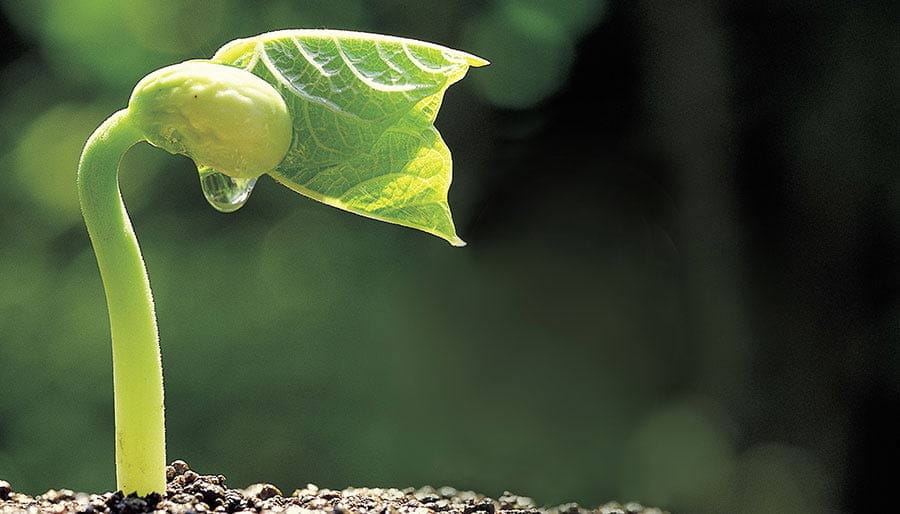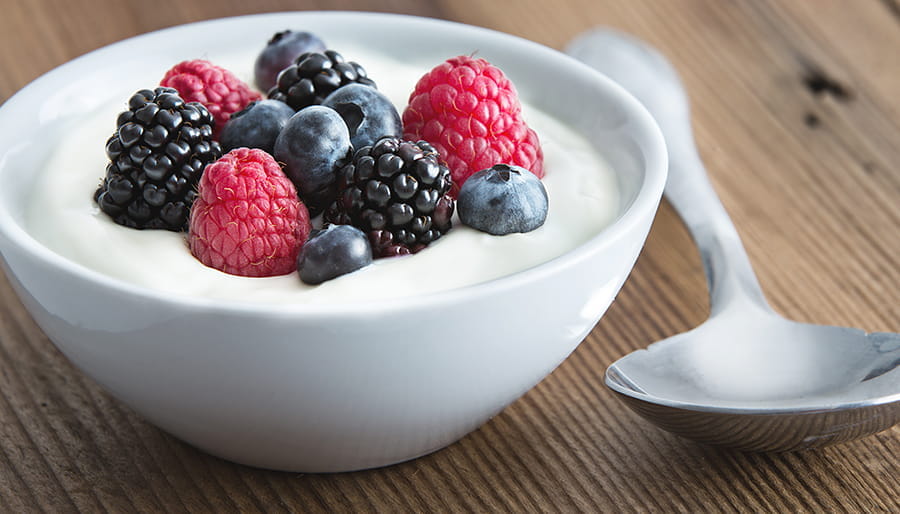Chr. Hansen’s microbial and fermentation technology platform holds unique potential for addressing various global sustainability challenges. Every year we account for how large a share of our revenue contributes positively to one or more of the UN’s Sustainable Development Goals.
We acknowledge that climate change is one of the most pressing matters for the planet, for our customers and for consumers. That is why Chr. Hansen is committed to addressing not only our company's carbon footprint but also taking the next step in showcasing how Chr. Hansen’s solutions can support the decarbonization journey of our customers. We call this the "carbon handprint" of our products. We are piloting calculators for a selected range of products to guide our customers to understand how Chr. Hansen’s products can deliver carbon savings to them – and the planet.

